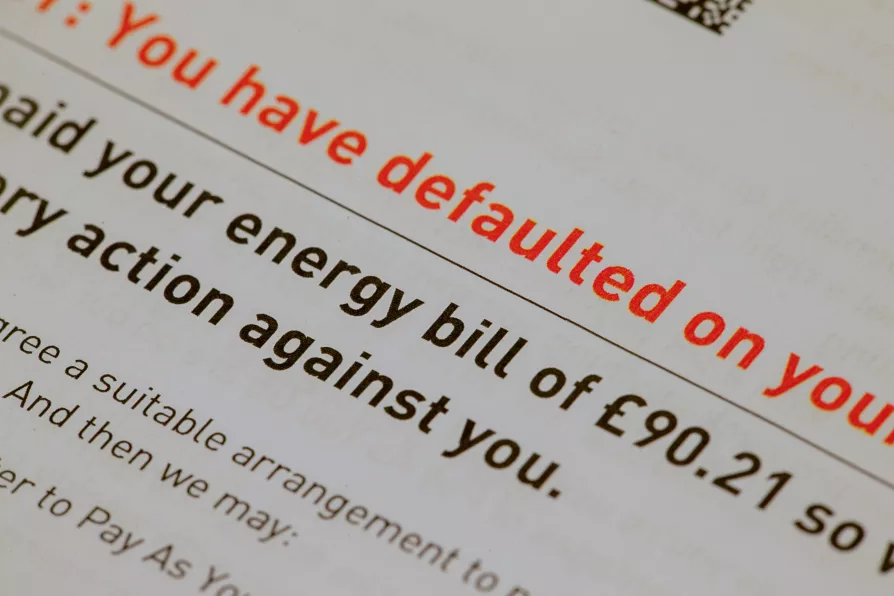Hundreds of thousands of homes to face poverty due to energy price cap rise

 An energy bill claiming that the customer has defaulted on paying, December 1, 2021
An energy bill claiming that the customer has defaulted on paying, December 1, 2021
MORE than 465,000 households in Britain will experience fuel poverty this winter due to January’s energy price cap increase, new figures show.
Data science firm Outra revealed that the increase on January 1 led to a 12.2 per cent rise in households affected by fuel poverty compared with October 2023.
A household is in fuel poverty when they spend more than 10 per cent of their income on heating.
More from this author


















